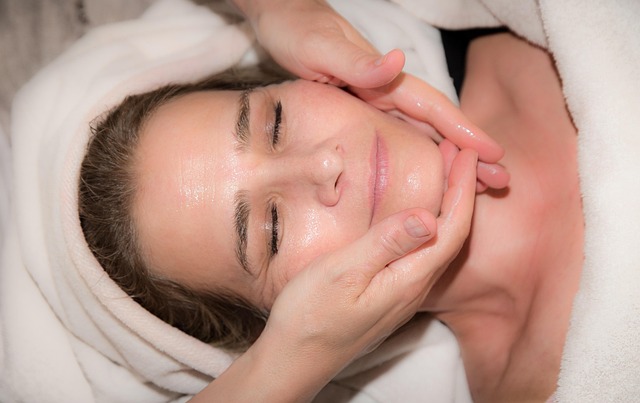The Essential Guide to Treating Sleep Disorders: Healthy Lifestyle and Nutrition Tips
Sleep disorders affect millions of people worldwide, disrupting their ability to enjoy restful and rejuvenating sleep. If you’ve ever struggled with insomnia, restless leg syndrome, or sleep apnea, you know just how debilitating these conditions can be. Fortunately, understanding the treatment of sleep disorders begins with examining the essentials of a healthy lifestyle and nutrition.
Embracing a Healthy Lifestyle
Your daily habits significantly impact your sleep quality. By embracing a few healthy lifestyle changes, you can make a considerable difference in your sleep patterns. Here are some key tips to help you improve your sleep hygiene:
- Maintain a Consistent Sleep Schedule: Go to bed and wake up at the same time every day, even on weekends. This consistency helps regulate your body’s internal clock.
- Create a Relaxing Bedtime Routine: Engaging in calming activities, such as reading or meditating before bed, signals your body that it’s time to wind down.
- Limit Screen Time: The blue light emitted by phones, tablets, and computers can interfere with the production of melatonin, the hormone responsible for regulating sleep. Avoid screens at least an hour before bedtime.
- Exercise Regularly: Physical activity can help you fall asleep faster and enjoy deeper sleep, but try to avoid vigorous workouts close to bedtime.
- Create a Comfortable Sleep Environment: Keep your bedroom cool, dark, and quiet. Invest in a good quality mattress and pillows to enhance comfort.
The Role of Healthy Nutrition
The food we consume plays a pivotal role in our overall health, particularly in relation to sleep. By focusing on a balanced diet, you can support your body’s ability to achieve restorative slumber. Here are some nutritional tips to consider:
- Incorporate Sleep-Promoting Foods: Foods rich in magnesium, such as leafy greens, nuts, and seeds, can help promote better sleep. Similarly, foods high in tryptophan, like turkey and bananas, contribute to melatonin production.
- Avoid Caffeine and Nicotine: These stimulants can disrupt your natural sleep cycle if consumed too close to bedtime. Aim to limit their intake, especially during the afternoon and evening.
- Optimize Your Evening Meals: Eating a heavy meal right before bed can lead to discomfort and indigestion. Instead, opt for a light snack if you’re hungry.
- Stay Hydrated, but Not Too Much: While hydration is crucial, excessive fluid intake close to bedtime may lead to frequent bathroom trips, disturbing your sleep.
Incorporating these healthy lifestyle choices and nutritional strategies can significantly contribute to your overall well-being and improve your ability to combat sleep disorders. Making small adjustments to your daily routine and diet can lead to a more restful night’s sleep, and ultimately, a healthier and more vibrant life.




